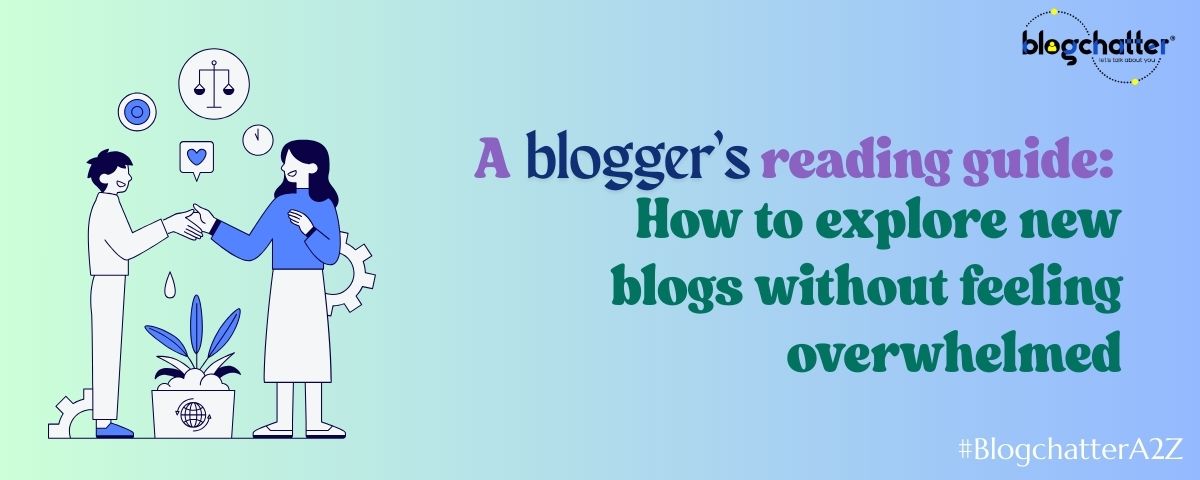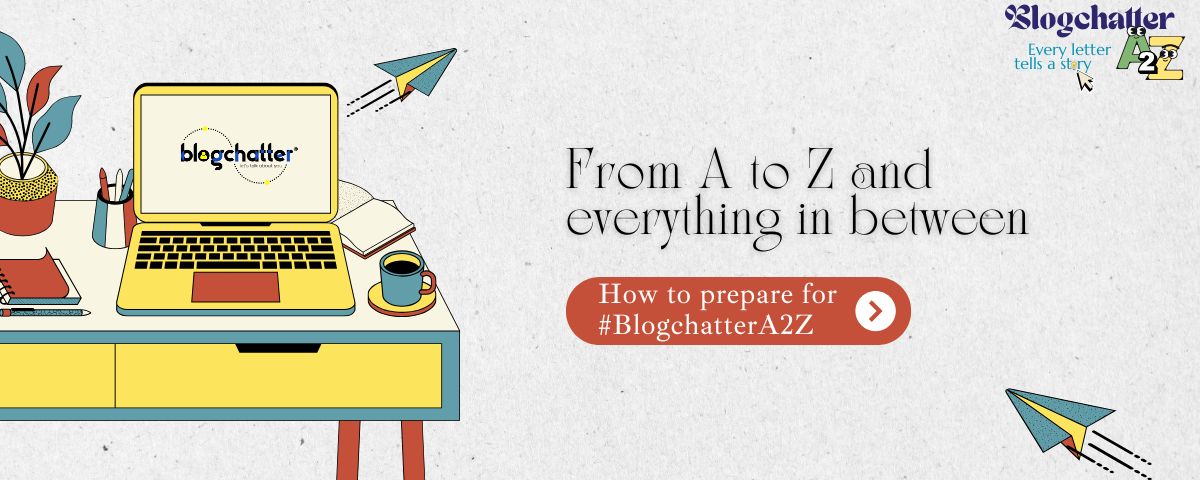Internet is revolutionizing our lives in terms of information, entertainment and opportunities. We are having it good. And yet, along with the true and good news comes the fake and the malicious news.
INTERNET FOR NEWS CONSUMPTION
Over the years, internet and social media have become such a big part of my daily content consumption. Before this, it used to be newspapers, TV, radio and magazines. Now it’s Google, news sites, news sharing apps, Facebook, Twitter and even the primarily texting IM WhatsApp.
At the same time, rumours and fake news are also making it big on these platforms. It’s so easy to share anything that has a clickbait title or sounds sensational. So much so that fake news has become a menace and it’s rather hard to separate truth from malicious information.
Fake news has been around for a long time. In times, when the traditional media was at the forefront, fake news routinely made an appearance. Also, those elaborate April Fool spoofs that many of us still remember. What’s different now is that with internet and social media, news, any news is easier to spread.
Recently, I found a movement on Twitter, #DebunkRumours that purports to bring awareness to the fact that fake news is everywhere, that fake news is peddled on purpose to malign certain individuals or brands for secondary gains and that as aware and educated individuals, it is our responsibility to check the source of every news and snippet of information that is forwarded to us.
HOW TO SPOT FAKE NEWS?
There are some dead giveaways that can give you a clue as to whether the news is true or false.
The very first thing I check are for spelling or grammatical errors, excessive use of punctuation or an imbalanced structure of the post. Usually, there is an attempt to sensationalize the news.
The second thing is to verify the source of the news. On the internet, I check the credentials of the website. Is it a site which has credibility? Sometimes, everything may look up to mark but it is worthwhile to dive deeper. In case I am reading news related to politics, defence or law and order situation, I take into consideration the political leanings of the editorial team. This is one thing I am going to be very clear about since 2019 is the year of General Elections in India. Social media, fake news, trolling has come a long way since the last general elections and it’s important to be on our vigil this time around.
Third thing is to check with experts. Some news start on social media platforms like Twitter or WhatsApp where the source of the news is not clear or obfuscated intentionally. In no time, the so called news goes viral even if no one knows the source.
Recently, there were rumours around some medicines being unsafe and about them being banned. Even though I knew it to be an Over the Counter medicine, this news was everywhere. In this case, I decided to talk to my pharmacist and my family doctor. It turned out that the news was completely false.
Lastly, there are many fact checking sites on the internet if you want to check the veracity of a particular news item.
Social media is pervasive in our lives and in India, it’s cheap and accessible even to the lower income strata. While the accessibility has immense benefits, we need to remember that large sections of society are still not discerning enough when it comes to news consumption through social media.





